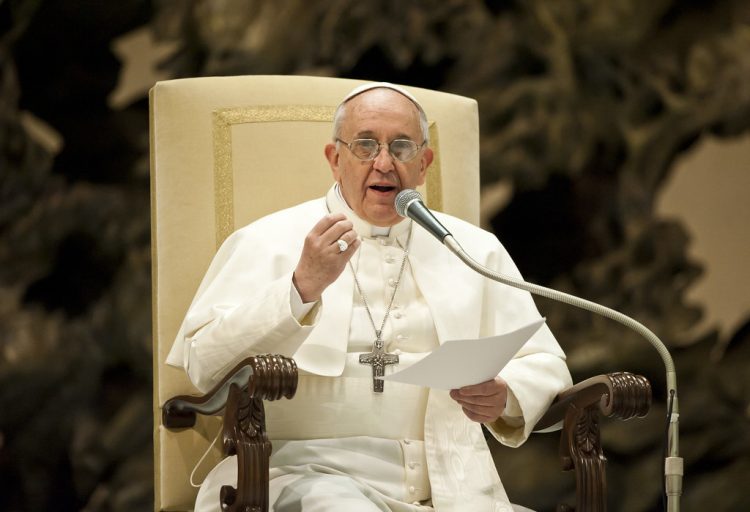With Pope Francis, real name Jorge Mario Bergoglio, tragically passing away on April 21 aged 88, who will take on his legacy is a question that is racing through the heads of many.
The certain answer, though, is that it won’t be a woman. All 138 candidates eligible for becoming the Holy Father at the Head of the Roman Catholic Church are male, and there is a reason behind that.
Pope Francis had an unconventional approach—except for this
The late Pope was known for his liberal and unconventional approach to matters such as climate change and the LGBTQ+ community.
However, his take was a conventional one when it came down to women taking over the Roman Catholic Church.
Why is that the case?
Theoretically speaking, any baptised male in the world could be eligible for becoming the Head of the Roman Catholic Church. In practice, though, the priority goes to serving cardinals.
Some conditions for being eligible include that the man cannot be married and must already be recognized as a priest, bishop, deacon, layman or cardinal, and the Catholic Church does not allow women to become ordained priests.
An abnormal move from Pope Francis
While the late Pope was known for not conforming to the norms, he didn’t break this onrunning tradition across all 266 popes who reigned from the 13th century.
Since his election in 2013, he didn’t accept his papal salary and opted to live in the Domus Sanctae Marthae instead of the grand Apostolic Palace.
It doesn’t mean he was opposing women
He may have not been able to alter this tradition, but he pushed for new reform.
These reforms include giving more roles to women in high-ranking Vatican positions and appointing more non-European cardinals in an attempt to create a more inclusive Catholic Church.
He stressed that women have a different but equally important role
The Catholic News Agency reported the Pope’s take on why women can’t become popes, saying:
“And why can a woman not enter ordained ministry? It is because the Petrine principle has no place for that.”
He insisted that it’s not a deprivation
He explained that “the woman does not enter into the ministerial life is not a deprivation. No. Your place is that which is much more important and which we have yet to develop, the catechesis about women in the way of the Marian principle.”
He also added that women are better managers, and him appointing five women in positions in the Church in a revolutionary move proved it. “For this reason, the advice of a woman is very important, and the decision of a woman is better,” he continued.
















































